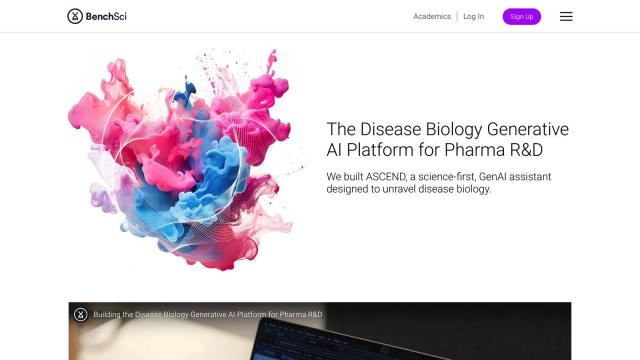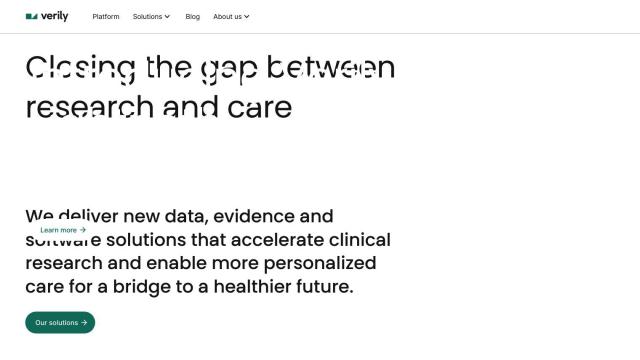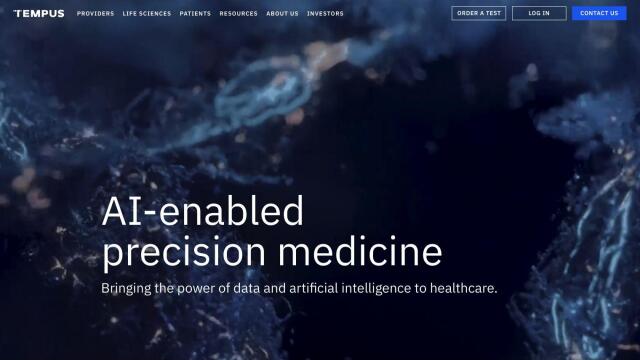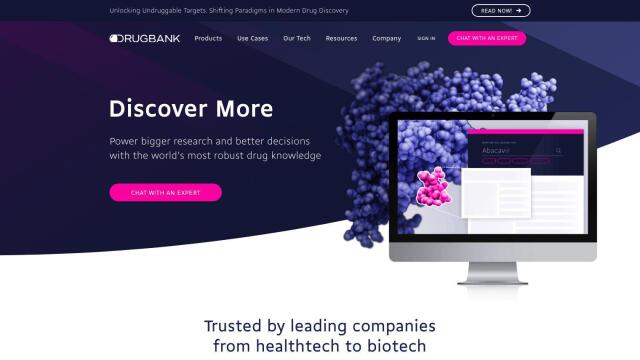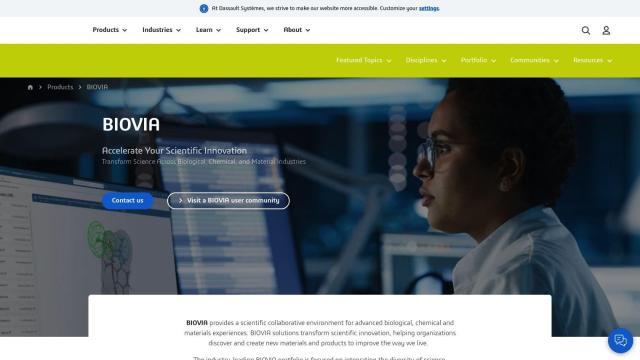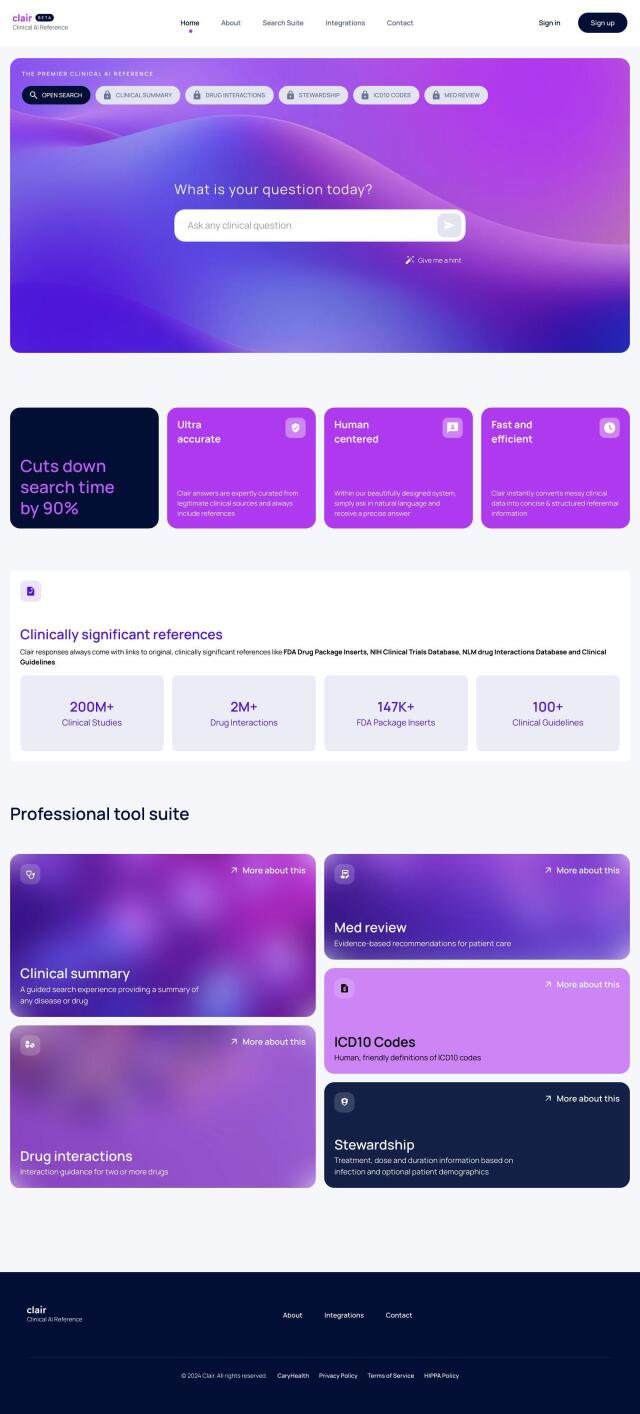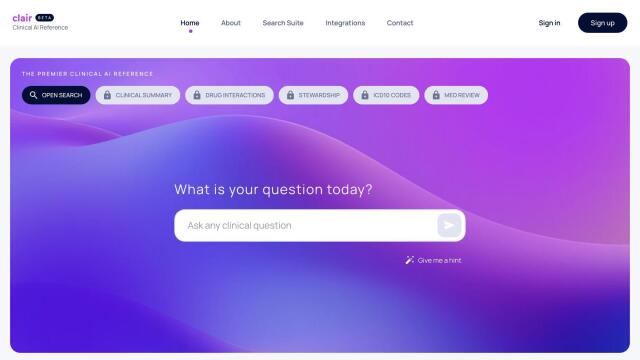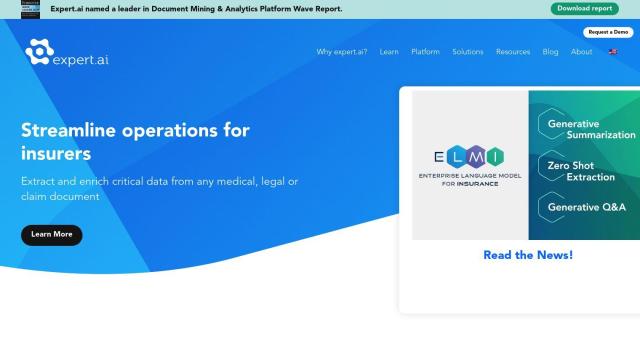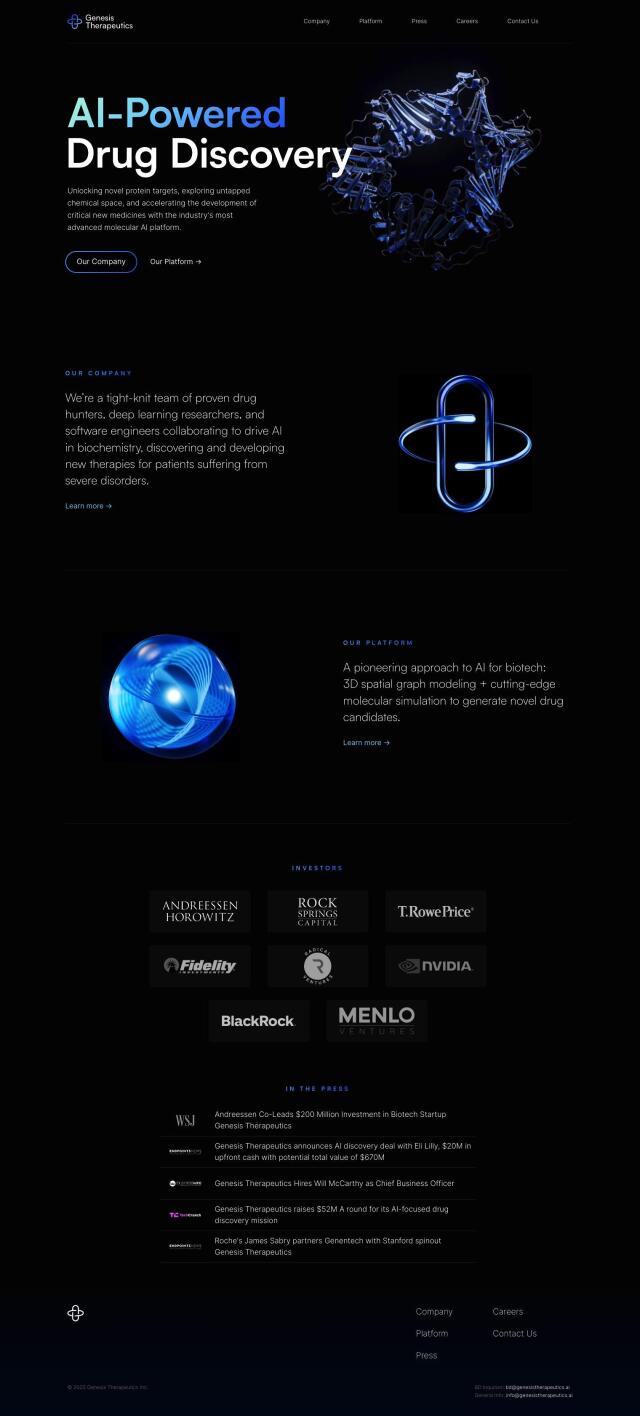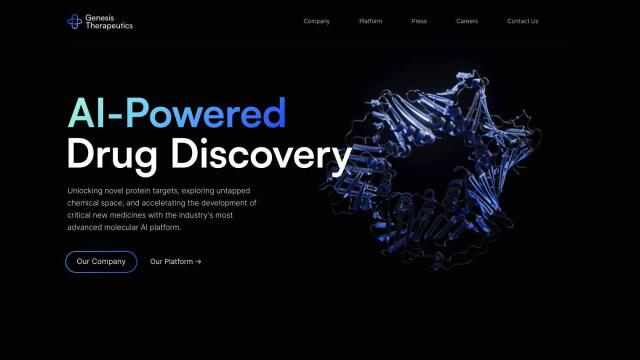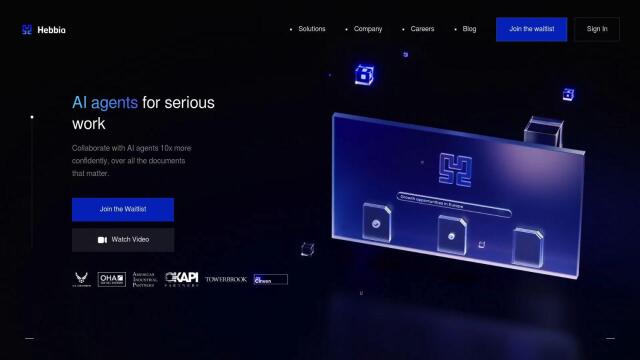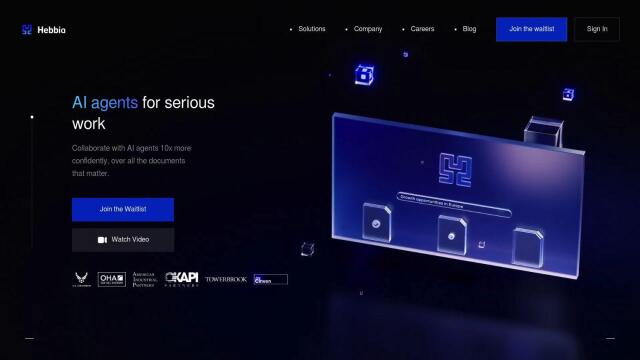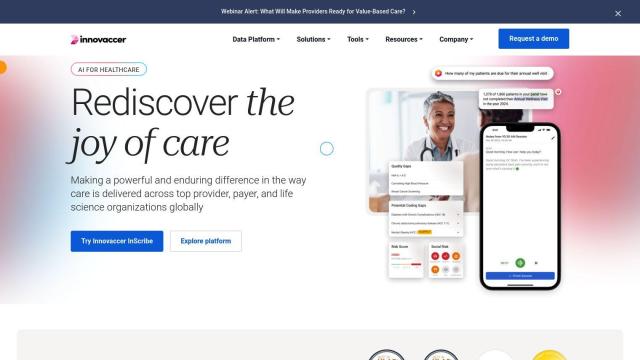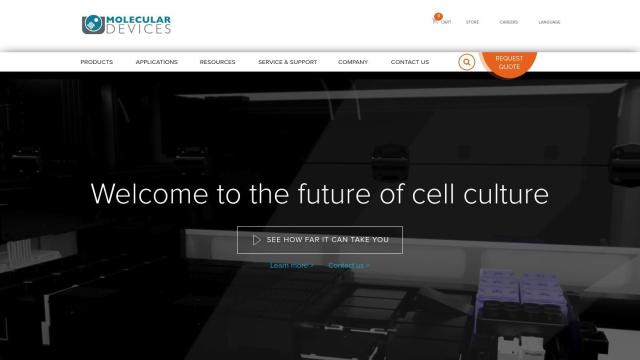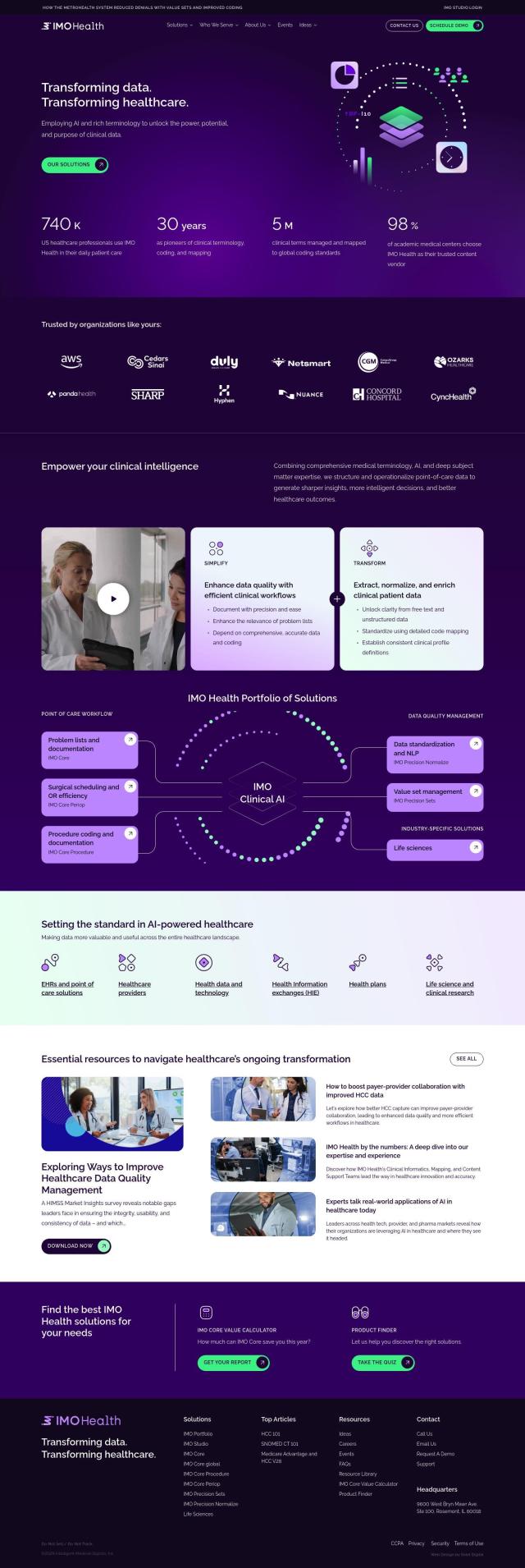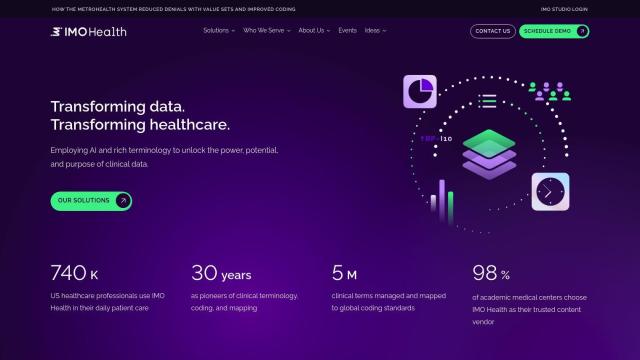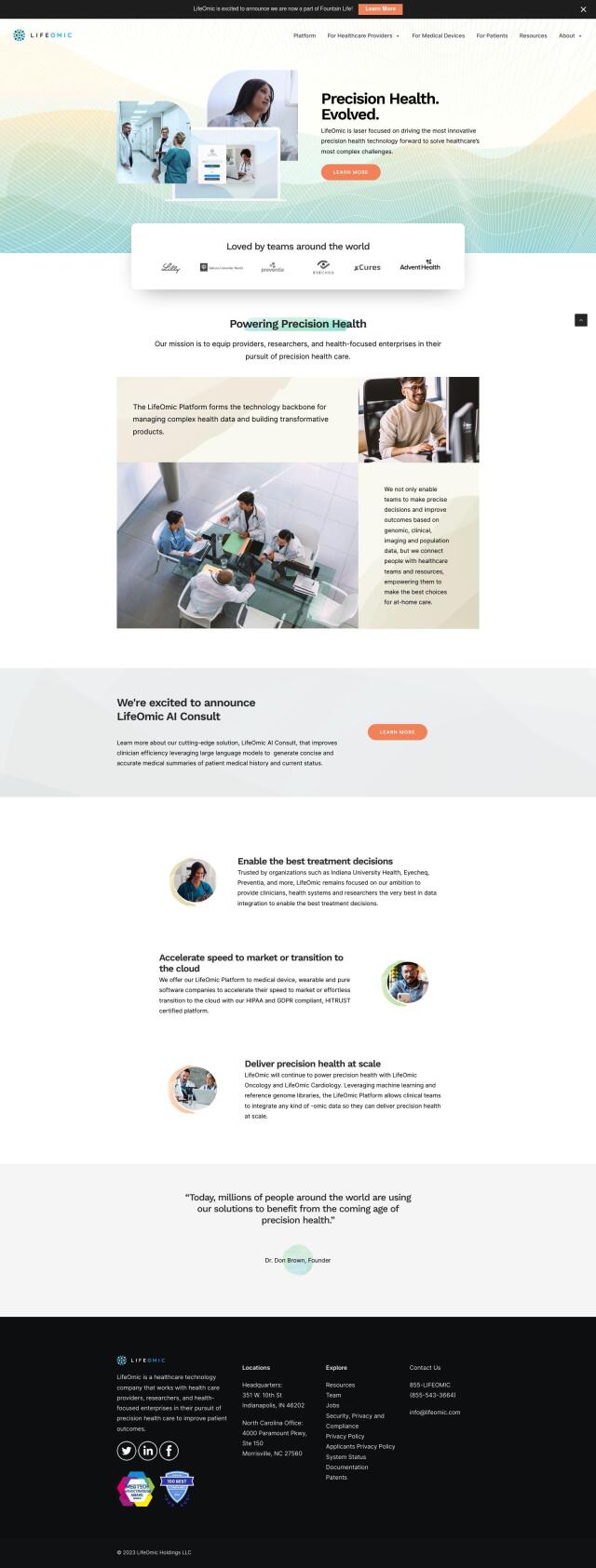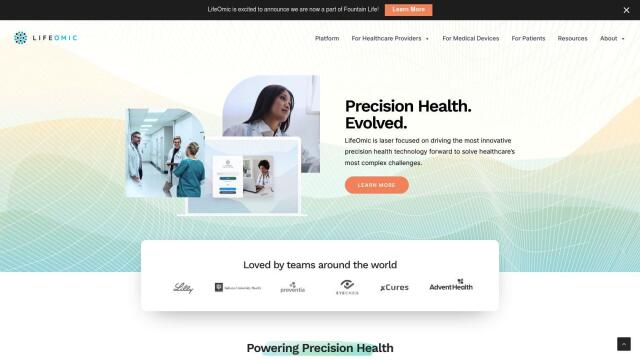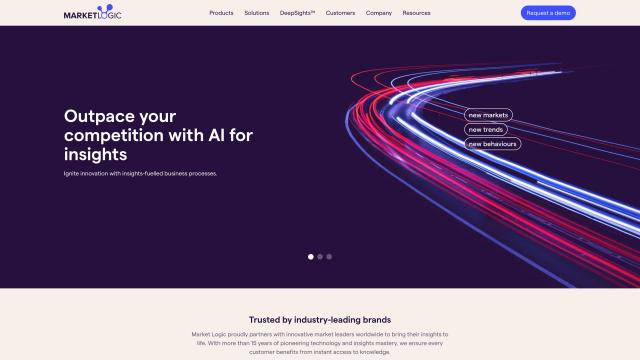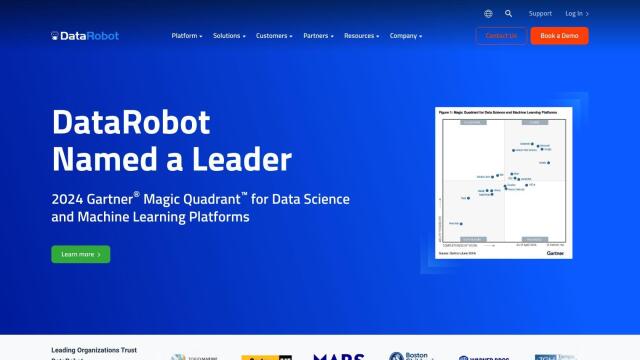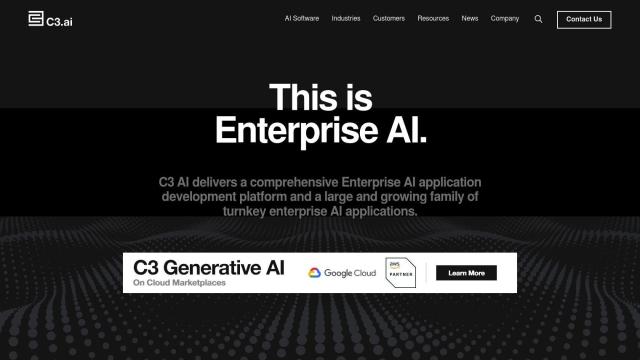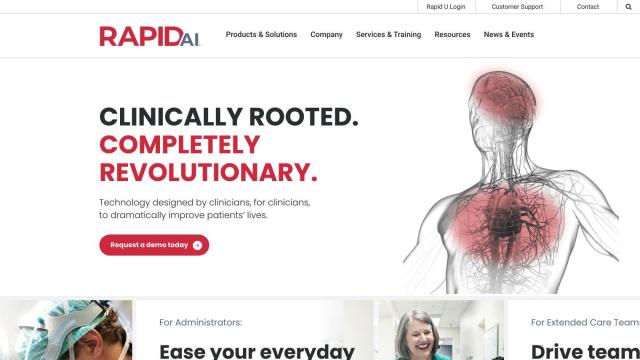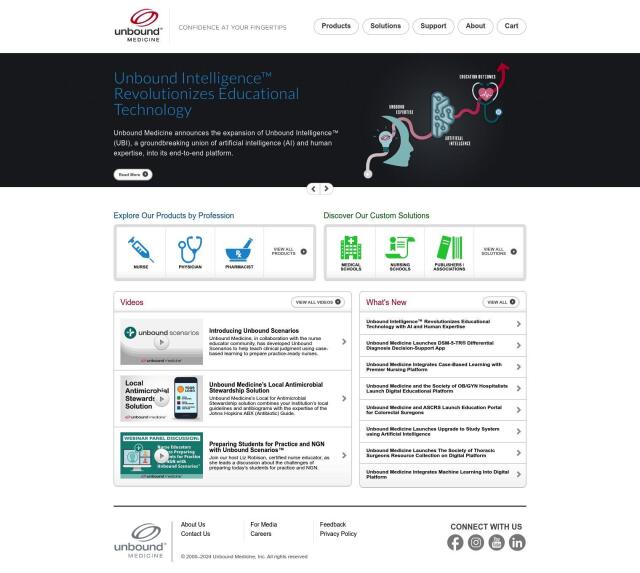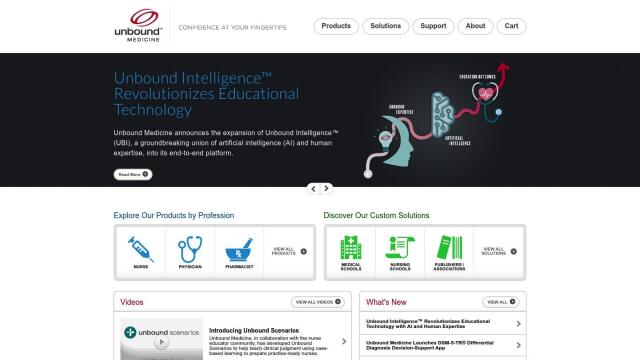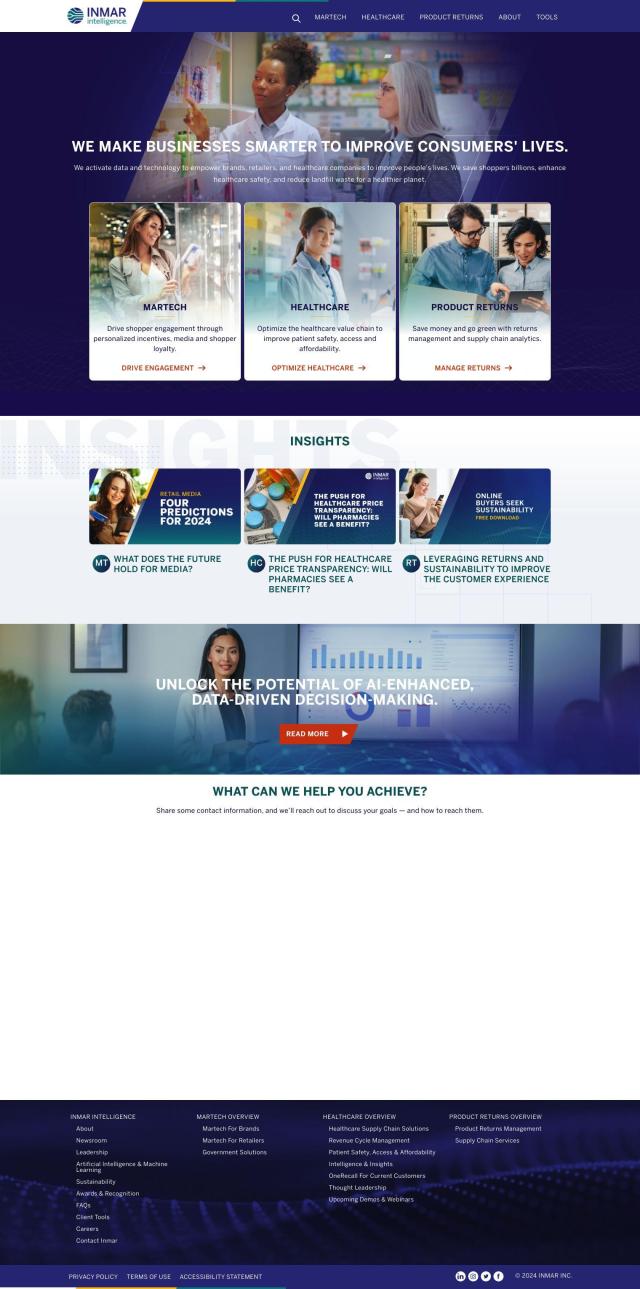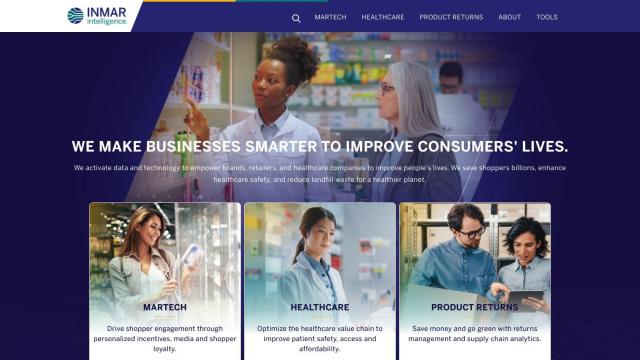Question: I'm looking for a solution that helps pharmaceutical companies make informed business decisions about clinical development and commercialization.

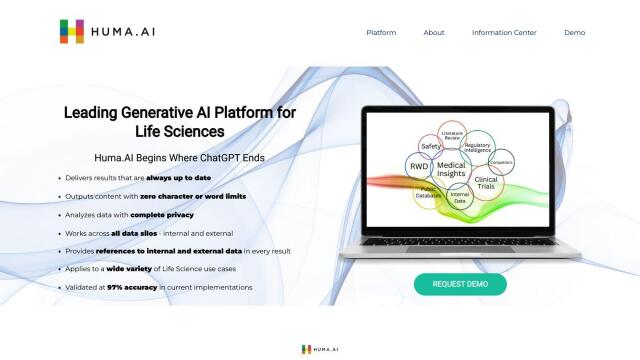
Huma.AI
For pharma companies trying to make business decisions about clinical development and commercialization, Huma.AI could be a good fit. The generative AI platform is geared for the life sciences industry and lets people process and understand machine learning output. It comes with features like up-to-date results with no character or word limits, complete privacy, access to internal and external data sources, and results presented in plain language. That can help with scientific exchange, competitive trial analysis and post-market surveillance automation, and thus be a good foundation for medical affairs, regulatory affairs and clinical development.

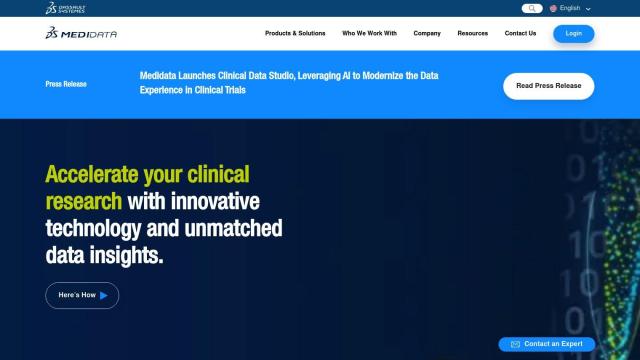
Medidata
Another contender is Medidata, a SaaS and data analytics platform for clinical research. Medidata provides AI-driven insights, patient-centric tools and streamlined data management to make clinical trials more efficient and patient-centric. Its suite of products, including Clinical Data Studio for data integration and standardization, Rave EDC for electronic data capture, and Medidata AI for advanced analytics, has been involved in 65% of FDA-approved novel drug approvals since 2015. That kind of experience and track record makes Medidata a good choice for pharma companies looking to improve their clinical trials.

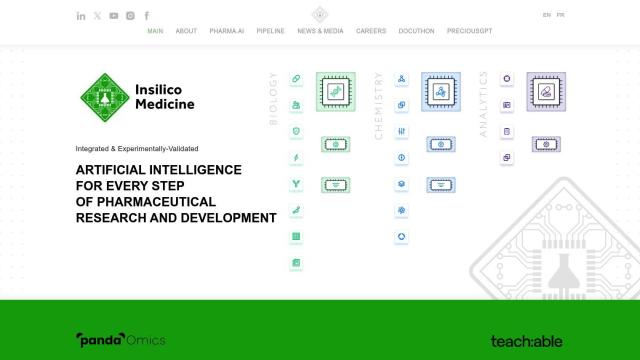
Insilico Medicine
Insilico Medicine is another AI-powered platform designed to accelerate pharmaceutical research and development. Its tools include AI-driven hypothesis generation for gene targets, automated molecule design and prediction of clinical trial success rates. With products like PHARMA.AI, PandaOmics, Chemistry42 and inClinico, Insilico Medicine hopes to accelerate and lower the cost of traditional drug discovery methods, speeding up the development of life-saving medicines.

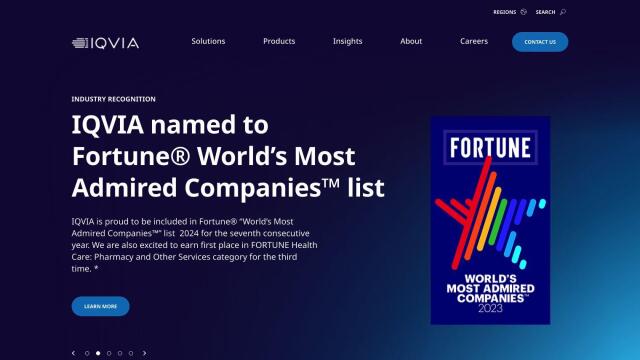
IQVIA
Last, IQVIA offers a range of solutions designed to drive healthcare innovation and better patient outcomes. IQVIA's solutions include Connected Intelligence, Healthcare-grade AI, Human Data Science Cloud and Decentralized Trials, among others. The company's strategy of creating intelligent connections between data, expertise and stakeholders could help pharma companies make better decisions about clinical development and commercialization with the help of advanced technologies and insights.

